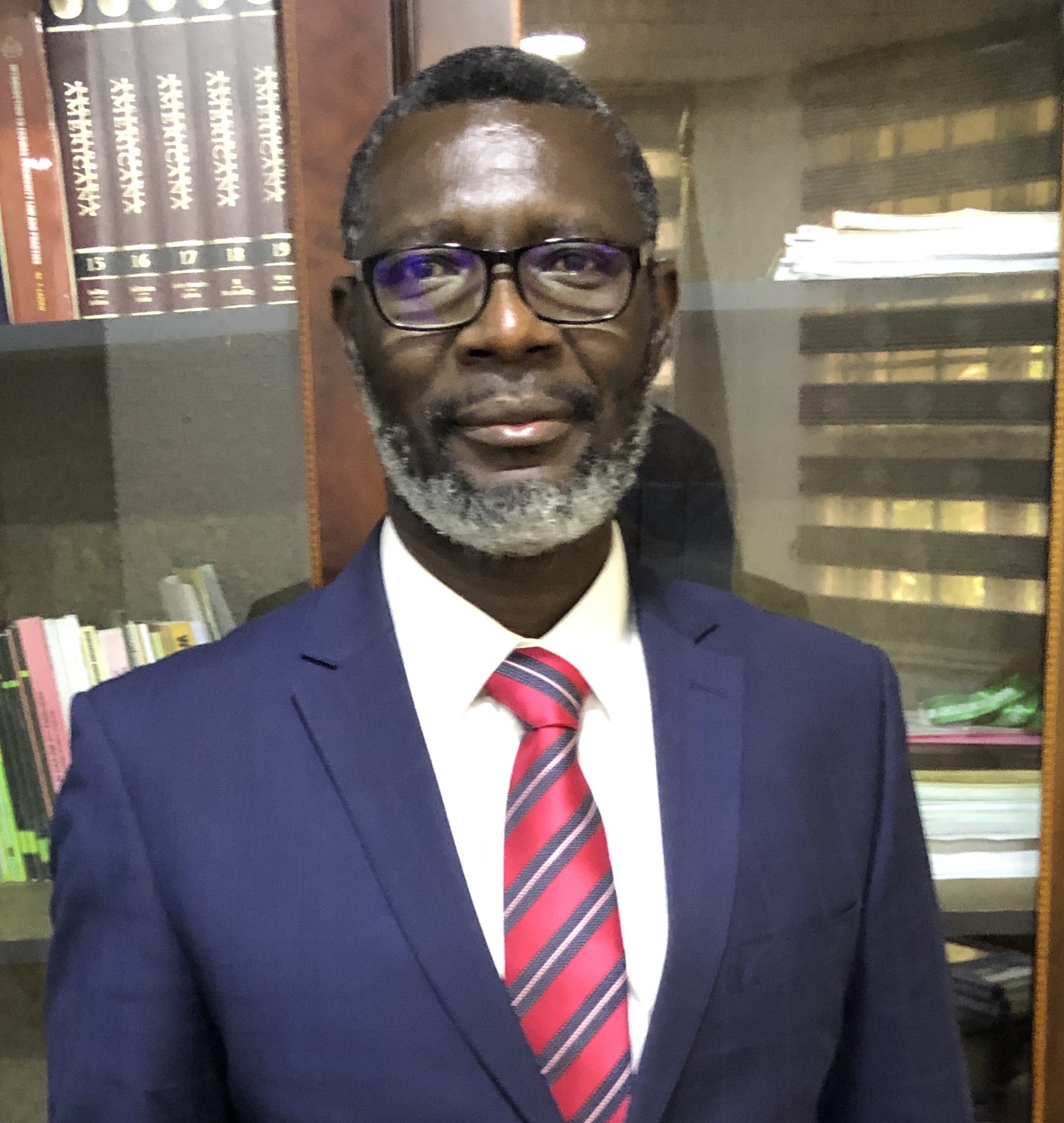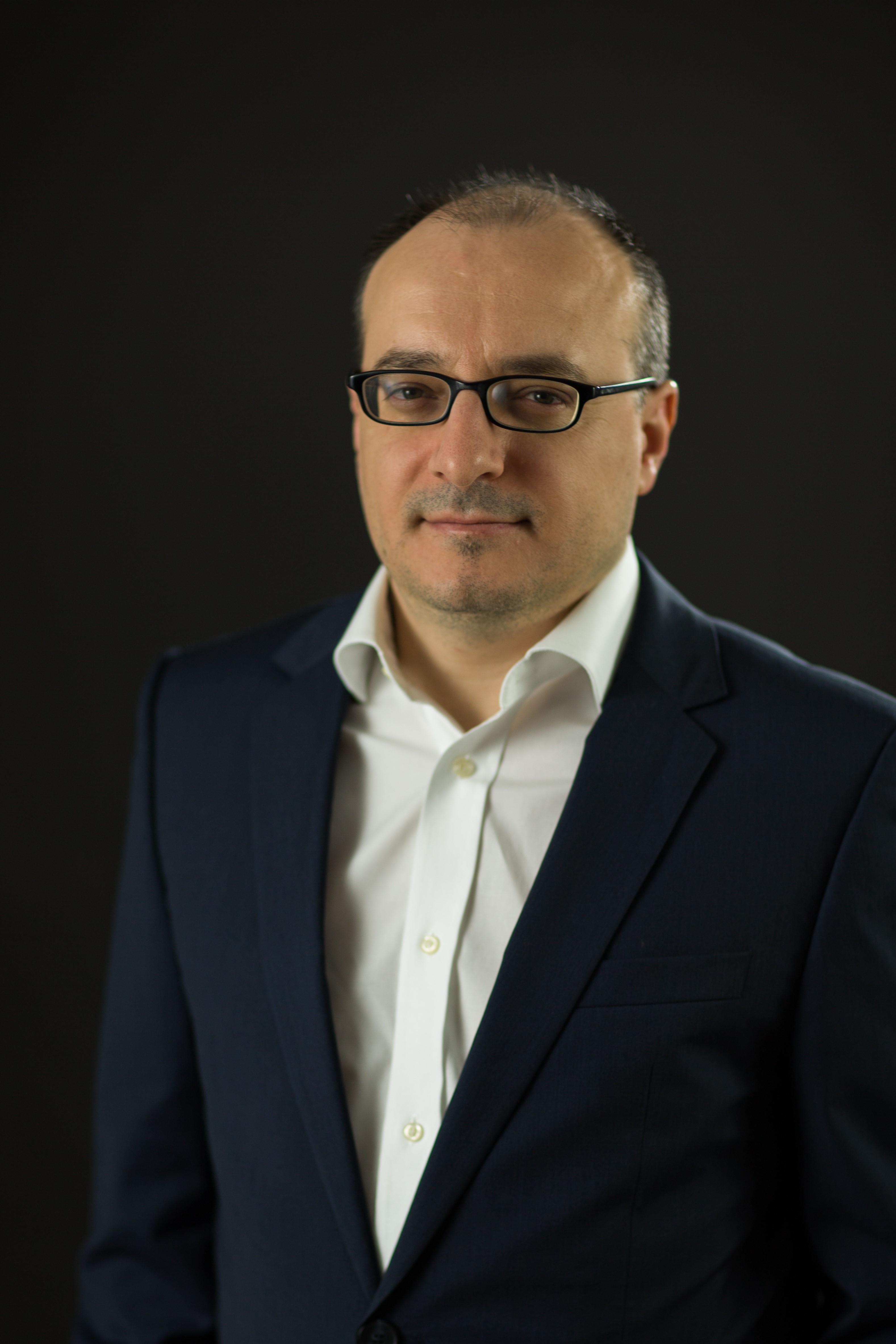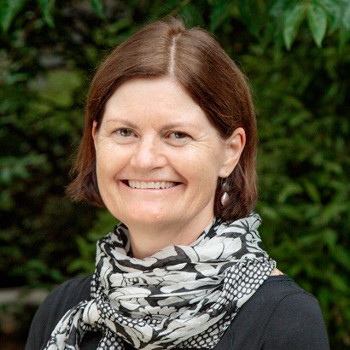Webinar: COVID-19 and Freedom of Expression
Notes & Changes
Please note that this is a virtual event taking place via Zoom. If you are interested in attending, please register for the event on Eventbrite. Once you register, you will receive automatic email notifications 48 hours and 2 hours before the event with the Zoom invitation. Click on the orange 'View Now' button in the notification emails to access the webinar link, ID and password.
Please also note that this event will be recorded, with the exception of any live audience questions.
The COVID-19 pandemic and the measures taken worldwide in response to it have had significant implications for human rights. Over the last months, several national authorities have declared states of emergency, restricting many fundamental rights including freedom of expression, access to information and privacy. In addition, some governments have adopted laws to fight disinformation, and it is unlikely to be long before judicial authorities will have to rule on cases related to freedom of the press and freedom of expression in relation to these measures.
The Bonavero Institute of Human Rights, in partnership with UNESCO and the Reuters Institute for the Study of Journalism (Department of Politics and International Relations, University of Oxford), is hosting this webinar to discuss the challenges for freedom of expression, access to information, privacy and related rights posed by measures adopted by governments around the world in response to the COVID-19 pandemic. Related topics for discussion may include criminal justice, privacy, and the proportionality of the measures taken during the pandemic in relation to freedom of expression, as well as the role and function of domestic and international accountability mechanisms, including the judiciary, human rights commissions, ombudspersons, special rapporteurs and treaty bodies. The webinar will be held in English and will be followed by a similar one in French on Monday 29 June. Both webinars will be presented by high-profile speakers (including judges from regional human rights courts, UN experts, academics, practitioners and civil society representatives) and are part of a series of webinars for judicial operators on legal challenges related to freedom of expression in relation with the COVID-19 pandemic, with the support of the Inter-American Court of Human Rights, the African Court on Human and Peoples’ Rights, the ECOWAS Court of Justice and Open Society Foundations.
Programme: Monday 22 June, 3.00 - 4.45 PM BST
3.00 PM BST: Opening remarks by the Chair, Prof Kate O'Regan (Director of the Bonavero Institute and former Judge of the South African Constitutional Court)
3.05 - 3.15 PM BST: Presentation of UNESCO's short study on freedom of expression by Joan Barata (Center for Internet and Society and Cyber Policy Center, Stanford University)
3.15 – 4.15 PM BST: Panel discussion with Justice Edward Amoako Asante (President of the ECOWAS Court of Justice), Judge Darian Pavli (European Court of Human Rights), Joan Barata and Jennifer Robinson (Barrister, Doughty Street Chambers)
4.15 - 4.45 PM BST: Remarks by the Chair and Q&A
An audio recording of this event is available to listen to on Soundcloud
Panellists
Justice Edward Amoako Asante

Justice Edward Amoako Asante was called to the Ghana Bar as a lawyer in October 1991 and he practised as a barrister until 2002. He was then appointed unto the bench as a Circuit Court Judge in Ghana, where he served till 2008. From March 2008 to 2018, he served as a Justice of the High Court of Ghana. In July 2018, he was appointed as a Judge of the West African Regional Court, the ECOWAS Court of Justice, on secondment from the High Court of Ghana for a four year term to end in July 2022. He was elected by his colleagues at the ECOWAS Court of Justice as the President of the Court for the first two years of their term to end in September 2020.
Judge Darian Pavli

Darian Pavli has served as judge of the European Court of Human Rights, elected in respect of Albania, since January 2019. Before joining the Court, Judge Pavli had an extensive human rights law practice, which included litigation before leading international and regional human rights mechanisms. His practice maintained a strong focus on freedom of expression and association, and national security-related restrictions of rights, among others. He has also contributed to various standard-setting efforts in Europe, the Americas and other regions. In recent years, Judge Pavli advised the Parliament of Albania on matters related to major justice reforms, as well as defamation and freedom of information law reforms. Judge Pavli holds advanced law degrees from Central European University and New York University Law School.
Joan Barata

Joan Barata works on freedom of expression and media and online regulation at the Center for Internet and Society and the Cyber Policy Center of Stanford University. He teaches at various universities in various parts of the world and has published a large number of articles and books on this subject. He regularly works with international organizations such as UNESCO, the Council of Europe, the Organization of American States or the Organization for Security and Cooperation in Europe, where he has been the principal advisor to the Representative on Media Freedom. Joan Barata also has experience as a regulator, since he has been Secretary General of the Audiovisual Council of Catalonia in Spain and a member of the Permanent Secretariat of the Mediterranean Network of Regulatory Authorities.
Jennifer Robinson

Jennifer Robinson is an international human rights lawyers best known for her work as counsel to Julian Assange and Wikileaks. A barrister at Doughty Street Chambers in London, she has appeared before the International Court of Justice and regularly engages at the United Nations. She has worked on some of the most high profile and controversial free speech and civil liberties cases, and her practice includes free speech, freedom of information, privacy, surveillance and data protection. Jen has a key interest in the ethics and human rights implications of AI. She is passionate about using the law as a tool for positive social change, to protect human rights and the environment. Her recent cases include having the UK’s fracking policy declared unlawful on climate change grounds, successfully challenging a sweeping anti-protest injunction aimed at environmental campaigners, and defending an investigative journalist being sued for public interest reporting on corruption. In her former role as Director of Legal Advocacy for Bertha Philanthropies, she created a global human rights program which continues to invest millions each year supporting the next generation of public interest lawyers.
Chair
Prof Kate O'Regan

The webinar will be moderated by Prof Kate O' Regan, University of Oxford. Kate O'Regan is the inaugural Director of the Bonavero Institute of Human Rights and a former judge of the South African Constitutional Court (1994 – 2009). In the mid-1980s she practiced as a lawyer in Johannesburg in a variety of fields, but especially labour law and land law, representing many of the emerging trade unions and their members, as well as communities threatened with eviction under apartheid land laws. In 1990, she joined the Faculty of Law at UCT where she taught a range of courses including race, gender and the law, labour law, civil procedure and evidence. Since her fifteen-year term at the South African Constitutional Court ended in 2009, she has amongst other things served as an ad hoc judge of the Supreme Court of Namibia (from 2010 - 2016), Chairperson of the Khayelitsha Commission of Inquiry into allegations of police inefficiency and a breakdown in trust between the police and the community of Khayelitsha (2012 – 2014), and as a member of the boards or advisory bodies of many NGOs working in the fields of democracy, the rule of law, human rights and equality.

